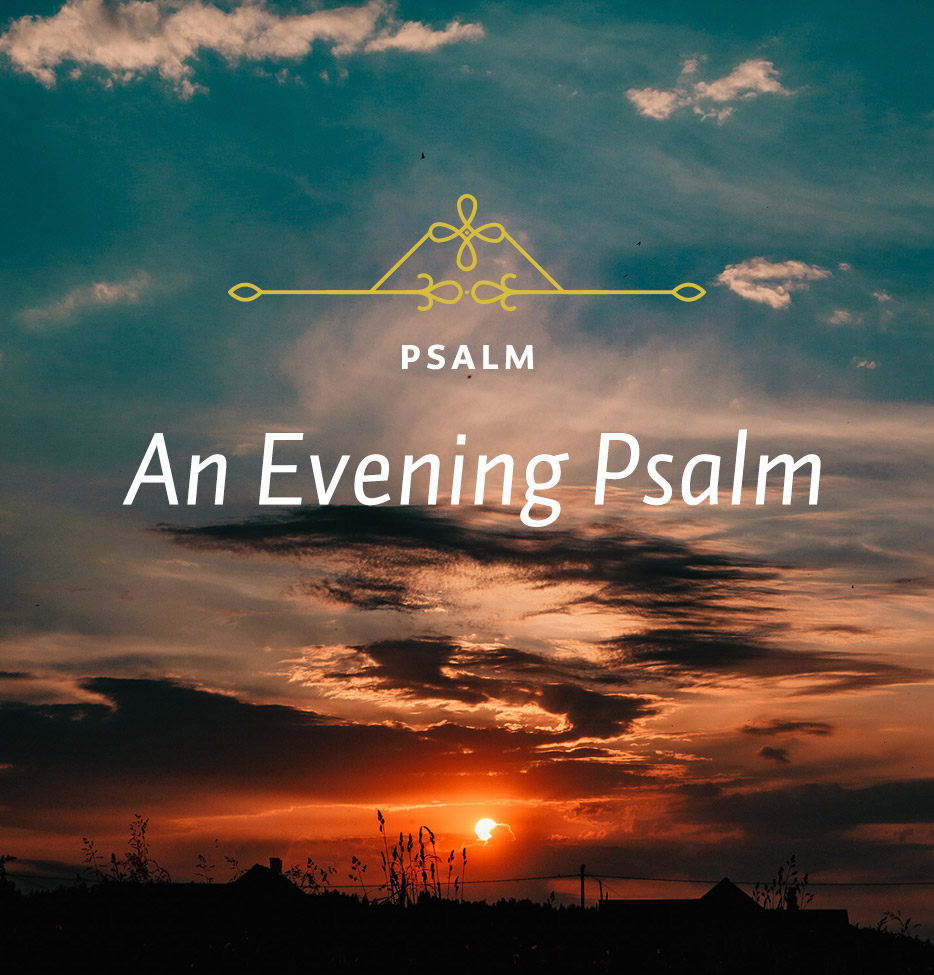Who do you turn to when you hear of an unjust accusation that someone has been making against you? Suppose you are at work and the secretary down the hall stops by your desk and says, “Do you know what so-and-so said about you yesterday?” Then she pours out the story, perhaps even embellishing it a little. Or maybe a business associate circulates a memo in which you are pictured in an unjust light. What do you do? Who do you tell? Most of us would go to our friends and complain, looking for sympathy. We might even start a slander campaign of our own. It might go: “Well, the only reason she said that is because she…” This is not what David did. Instead of turning to friends for sympathy or even attacking his enemies, David turned to God. “Answer me when I call to you, O my righteous God. Give me relief from my distress; be merciful to me and hear my prayer” (v. 1). David knew that his only help was in God, which strikingly is where the psalm also ends. The last words of the psalm say: “You alone, O Lord, make me dwell in safety” (v. 8).
I notice two important things about this appeal. First, it is honest. If David were presenting his case before some other person, he might have had to pretend something other than what he really felt–or at least, that is what we probably would do. We would pretend that we were less affected by the attack than we were. We would try to keep up appearances. However, David is coming to God, who knows the situation perfectly anyway, and thus he does not need to keep up appearances. He can tell it as it is. He indicates that his enemies are significant men, not people who can safely be ignored. This is implied by the Hebrew words beni ish, rather than the more common beni adam.6 Again, he is deeply distressed by their actions.
The next verse describes what is happening. His enemies are dishonoring him by ruining his reputation (turning his “glory into shame”). Why are they doing this? It is because they love lies (“delusions”) and are opposed to his religious convictions (while they “seek false gods”). Do you know the advantage of coming to God with your troubles? It is an important one. To come to God means that you do not need to pretend. You can tell him exactly where you hurt and how you feel.
Second, David’s appeal is balanced. I mean by this that although he is conscious of the injustice of his enemies’ accusations and is appealing to God for relief on the basis of God’s righteousness (referring to the Lord as “O my righteous God”), the psalmist is nevertheless also aware of his own sin in relation to God. This is why he uses the word “mercy,” saying “be merciful to me and hear my prayer.” Isn’t that an interesting combination of ideas? Before other men and in comparison with his enemies he is righteous. He can properly appeal to God for relief. But in relationship to God he is a sinner like everyone else and can only ask God to intervene mercifully. We will have to remember this when we begin our study of the difficult imprecatory psalms.
6See Peter C. Craigie, Word Biblical Commentary, vol. 19, Psalms 1-50 (Waco, TX:Word, 1983), p. 80. Leupold translates the phrase as “brave men” but then has to explain that the expression must be used ironically (Exposition of the Psalms, [Grand Rapids: Baker, 1969], p. 67).






